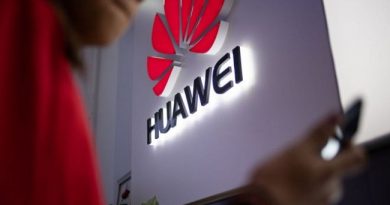INEC Gets Media Monitoring Centre
The Independent National Electoral Commission (INEC) has established a media monitoring centre, it was learnt yesterday.
Besides, the commission said information management is among its major problems ahead of this year’s general elections.
The centre, according to INEC National Commissioner and Chairman, Information and Voter Education Committee, Festus Okoye, will help the commission to appreciate what is being said about it and where it needs to respond, on time.
Okoye spoke yesterday in Abuja, the nation’s capital, at a workshop for INEC media handlers.
He also assured “participants and the Nigerian people that the commission will continue to improve on its processes and procedures”.
Okoye also said one of the problems the commission faced during the recently concluded general elections revolved around information management.
“As some of you are aware, part of the challenges faced by the commission during the 2019 general election revolved around information management; it revolved around strategic communication. It revolved around managing public perception around the processes and procedures of the commission.
It revolved around the calibre and knowledge of the workers saddled with managing its image and communicating to and with the public. It revolved around making information available to the media in real-time to avoid speculation, rumour-mongering and fake news.
“The commission has consistently tried its best to provide information to the media. It has been upfront in media appearances and in some instances providing education on novel and unclear areas of the electoral process.
“This demands that the spokespersons of the commission must be conversant with the happenings in the commission. They must be conversant with its laws and procedures. They must be conversant with its processes and procedures. They must listen to radio and television.
They must read newspapers of different qualities and varieties. They must access the social media platforms and understand the thinking of the different segments of the populace and their views about the electoral process. They must decipher manipulated information from outright fake news. They must understand when information is skewed and slanted to appeal to a constituency or achieve a particular result or outcome.
They must know when a report or opinion is based on outright ignorance. These must then be turned into actionable recommendations for better image management and policy formulation.
“Media monitoring will help us to appreciate what is being said about us and where we need to respond and timely too.
“The establishment of a media monitoring centre within the commission is a step in the right direction. It is important for the commission as a public trust to understand what the mainstream and social media are doing and saying. The media shapes, moulds and defines the direction of public opinion in given circumstances.




